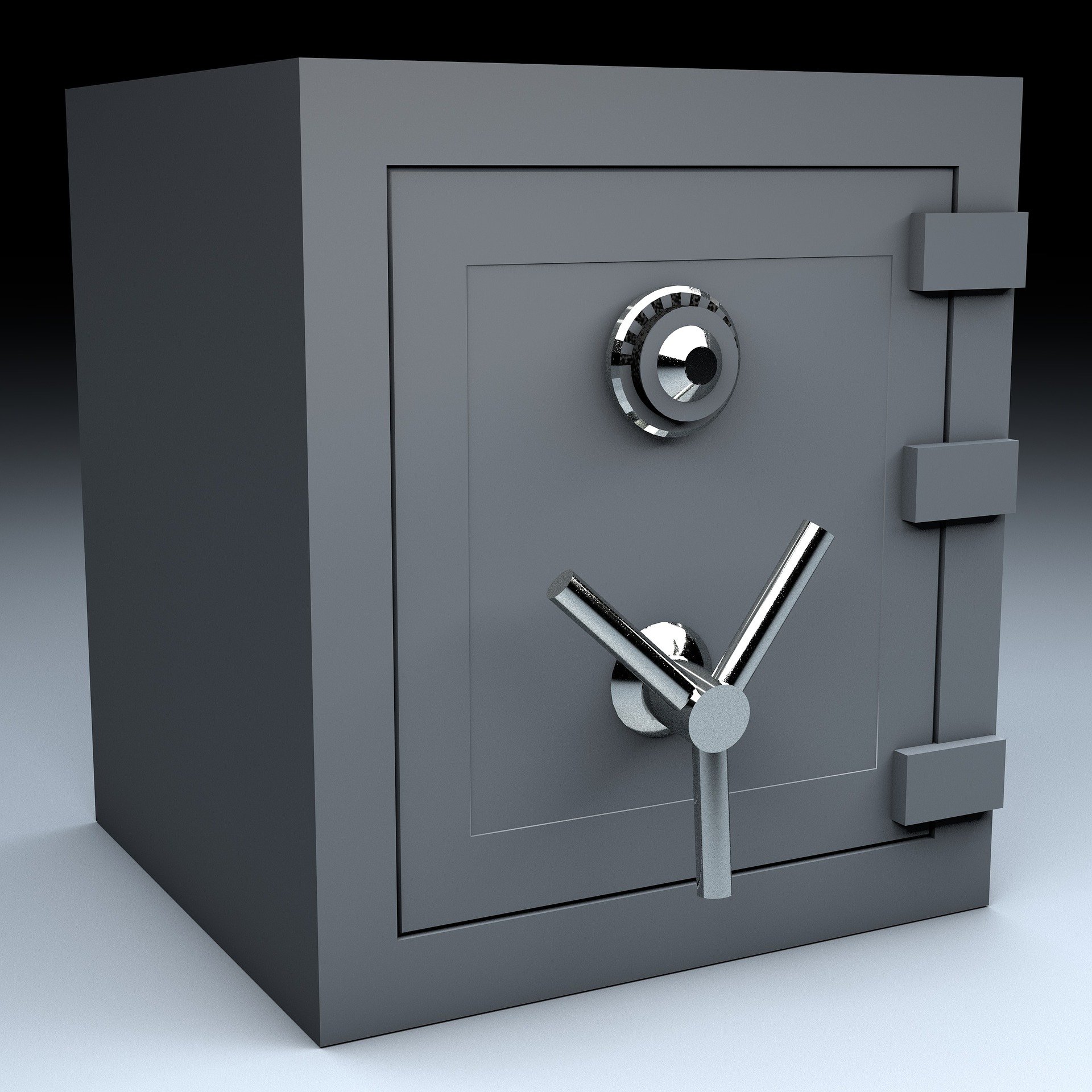Bitcoin is one of the first assets the world has ever seen that can be solely controlled by one person and, with the right precautions taken, can’t be taken from you. But seeing how this is a new type of asset, people with lost of money in digital currencies must take the necessary steps to see to it that their funds are given to the people you care about.
Giving Your Bitcoin to Future Generations
The old adage in the Bitcoin for years has been “Not your keys, not your Bitcoins.” Keeping one’s private keys safe, secure, and, well, private is a major concern for people who have any sort of significant holdings in crypto-currencies. The only people who can spend your coins is someone who has access to your keys, and so if you want to make sure that no one can steal them you need to be the only person with access. But what if the worst happens?
Years will continue to pass, and eventually, you won’t be around anymore. How can you ensure that your coins can be recovered by your family and loved ones? This is a huge challenge, not even considering that your family might not have the technical know how to properly handle a set of seed words or coins that are in cold storage.
Checking the Security of Your Funds Right Now
The first thing to think about is if your coins are properly secured, to begin with. Do you know where every single last coin is stored? Even that crappy ERC20 ICO token you bought last year? Do you have at least one back up of each of these wallets? Even if you have back-ups of everything already it’s a good idea to make at least two and store them in different geographical locations. This process can actually be kind of fun on its own and give you a lot more piece of mind if all of your assets aren’t already secure.
With these backups its also a good idea to write detailed instructions on how to spend the coins. Make it as detailed as possible, everything from downloading a wallet, to restoration, to sending them to another address, to then further securing that address. Once you have this written out, try it yourself. Only do what is specifically written down, use no prior knowledge. If you can follow it word by word and recover your wallet, your family members will be able to as well.
Legal Implications
When you get into the legality of Bitcoin and likes, you enter a thick gray area. Some people are suspicious of giving private key information to a lawyer, and that’s understandable. It is, however, important to include your cryptocurrency assets into your will. Many jurisdictions have laws in place that, without a proper will, can claim all your assets and distribute them as they see fit. Your spouse or children may be robbed what is rightfully theirs.
You also have the option of creating what is called a “Legal Trust,” which is a holding company of sorts that can keep some assets separate from your estate. Further information on the legal aspects of passing Bitcoin to your descendants can be found online, but for personalized advice and counsel you should talk to a trusted lawyer.
The Software Approach
The race to build software to solve this issue is in full swing, but still early in development and shouldn’t be trusted fully. It’s known as a “Dead Man’s Switch.” Basically, it’s a wallet that will send all the funds it contains to another bitcoin address in the event of your passing. Some work would be needed so that your family can access that address, using methods talked about above.
It works using a piece of the protocol called “nLockTime.” This parameter is set as a certain block, so the transaction only becomes valid when that block height is passed. This can be set so that the transaction becomes valid and is broadcasted in a month, six months, or a year. Any time period that you’d want can be set. The trick to this is to log into your wallet before the transaction becomes valid and send the funds to another wallet you control. Set up another nLockTime transaction, and repeat the whole process.
Are you going to spend some time securing your funds after reading this? How will you ensure your asset’s safety? Let us know in the comments below!
Images courtesy of Pexels, Pixabay












